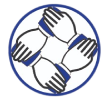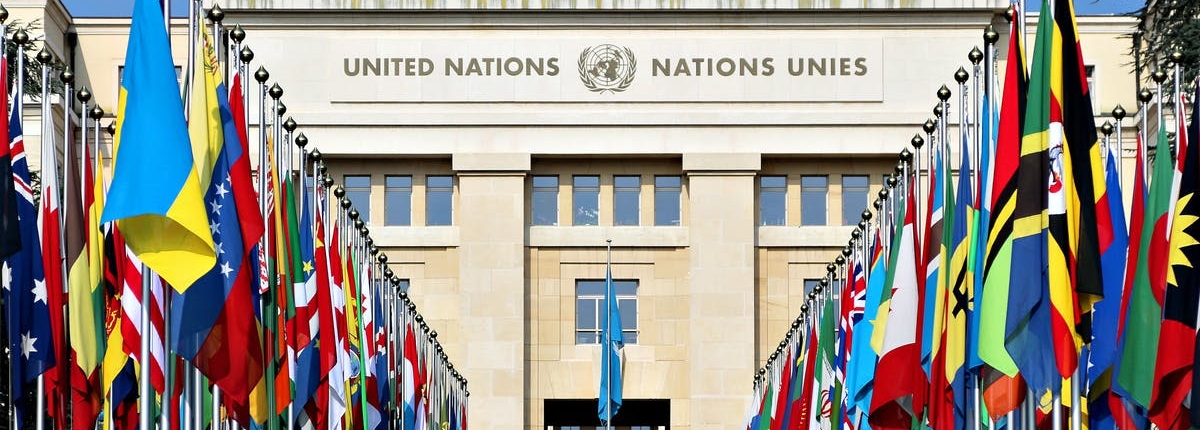UN
The United Nations (UN) is an intergovernmental organization that aims to maintain international peace and security, develop friendly relations among nations, achieve international cooperation, and be a centre for harmonizing the actions of nations. ]It is the largest, most familiar, most internationally represented and most powerful intergovernmental organization in the world.
The UN is headquartered on international territory in New York City, with its other main offices in Geneva, Nairobi, Vienna and The Hague.
The UN was established after World War II with the aim of preventing future wars, succeeding the ineffective League of Nations. On 25 April 1945, 50 governments met in San Francisco for a conference and started drafting the UN Charter, which was adopted on 25 June 1945 and took effect on 24 October 1945, when the UN began operations. Pursuant to the Charter, the organization’s objectives include maintaining international peace and security, protecting human rights, delivering humanitarian aid, promoting sustainable development, and upholding international law. At its founding, the UN had 51 member states; with the addition of South Sudan in 2011, membership is now 193, representing almost all of the world’s sovereign states.
The organization’s mission to preserve world peace was complicated in its early decades by the Cold War between the United States and Soviet Union and their respective allies. Its missions have consisted primarily of unarmed military observers and lightly armed troops with primarily monitoring, reporting and confidence-building roles.
UN membership grew significantly following widespread decolonization beginning in the 1960s. Since then, 80 former colonies have gained independence, including 11 trust territories that had been monitored by the Trusteeship Council.[7] By the 1970s, the UN’s budget for economic and social development programmes far outstripped its spending on peacekeeping. After the end of the Cold War, the UN shifted and expanded its field operations, undertaking a wide variety of complex tasks.
The UN has six principal organs: the General Assembly; the Security Council; the Economic and Social Council (ECOSOC); the Trusteeship Council; the International Court of Justice; and the UN Secretariat. The UN System includes a multitude of specialized agencies, such as the World Bank Group, the World Health Organization, the World Food Programme, UNESCO, and UNICEF. Additionally, non-governmental organizations may be granted consultative status with ECOSOC and other agencies to participate in the UN’s work.
The UN’s chief administrative officer is the Secretary-General, currently Portuguese politician and diplomat António Guterres, who began his five year-term on 1 January 2017. The organization is financed by assessed and voluntary contributions from its member states.
The UN, its officers, and its agencies have won many Nobel Peace Prizes, though other evaluations of its effectiveness have been mixed. Some commentators believe the organization to be an important force for peace and human development, while others have called it ineffective, biased, or corrupt.

